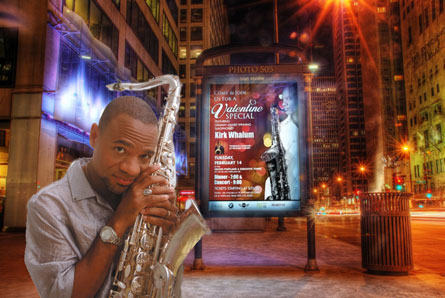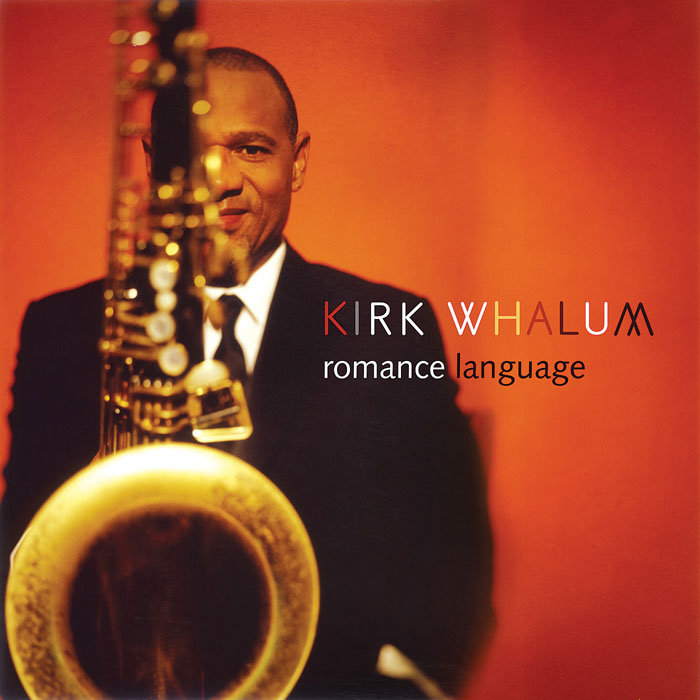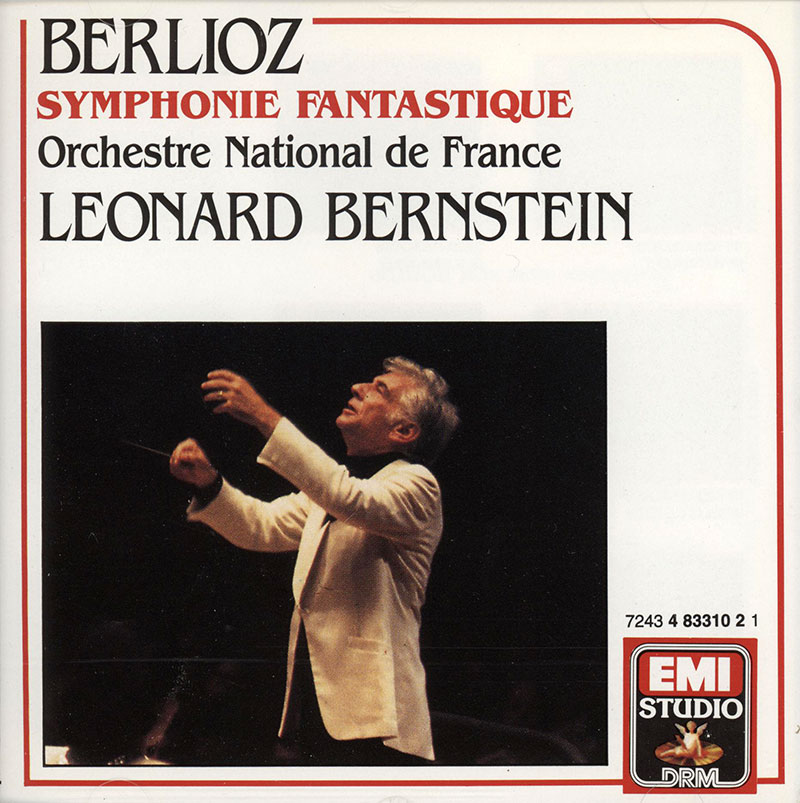Logowanie
Dziś nikt już tak genialnie nie jazzuje!
Bobby Hutcherson, Joe Sample
San Francisco
SHM-CD/SACD - NOWY FORMAT - DŻWIĘK TAK CZYSTY, JAK Z CZASU WIELKIEGO WYBUCHU!
Wayne Shorter, Freddie Hubbard, Herbie Hancock, Ron Carter, Elvin Jones
Speak no evil
UHQCD - dotknij Oryginału - MQA (Master Quality Authenticated)
Chesky! Niezmiennie perfekcyjny
Winylowy niezbędnik
ClearAudio
Double Matrix Professional - Sonic
najbardziej inteligentna i skuteczna pralka do płyt winylowych wszelkiego typu - całkowicie automatyczna
Kirk Whalum
Romance Language
- Kirk Whalum - Romance Language
- 01. They Say It's Wonderful (5:33)
- 02. Dedicated To You (5:10)
- 03. My One And Only Love (5:35)
- 04. Lush Life (6:16)
- 05. You Are Too Beautiful (8:33)
- 06. Autumn Serenade (5:05)
- 07. Almost Doesn't Count (4:11)
- 08. I Wish I Wasn't (4:49)
- 09. I Wanna Know (5:14)
- 10. Spend My Life With You (4:46)
- Kirk Whalum - saxophone
Kirk Whalum is in love. He’s in love with music. He’s in love with God. He’s in love with passing on his knowledge by educating and training our youth. He’s in love with languages. And he’s in love with his wife of over 30 years.
Many decry a lack of role models for our youth to emulate, especially when it comes to men of color. They obviously haven’t met the humble Grammy® winning saxophonist. Many have been labeled as renaissance men, but Whalum is a bona fide renaissance man who gives his life and love to serving others through music, education, and by preaching The Word. This musician’s musician literally walks the talk. Spend a little time with the man who relishes life with romance and you will depart inspired, and yes, in love. Such is the intoxicating power of his passions.
Romance Language is Whalum’s 19th solo record—his 29th album if you count collaborations and compilations. His artistic muse has accomplished the rare feat of achieving commercial success and critical acclaim in contemporary and straight-ahead jazz, as well as in secular and non-secular music. There is a French connection to the album title. “French is the language of romance,” says the trilingual Whalum, who is fluent in English, French and Spanish.
 The essence of Romance Language is Whalum’s modern day recreation of a collection of duets recorded in 1963 by iconic jazz saxophonist John Coltrane and the then underappreciated vocalist Johnny Hartman. The pair recorded six standards composed by the likes of Irving Berlin, Sammy Cahn, Billy Strayhorn, Richard Rodgers and Lorenz Hart. A number of critics have called the original recording a classic, thus Whalum treated the material with reverence and respect. To bring the album to fruition, he followed Coltrane’s tact of selecting a singer whom he believed to be immensely gifted yet deserving of a far larger spotlight: his younger brother Kevin. “The timbre of Kevin’s voice is similar to Hartman’s,” Whalum states. “Not that I would ever liken myself to the genius of Coltrane but prior to his recording with Hartman, Coltrane was revered as a technical master yet he aspired to play more like Johnny Hodges, who was known for playing pretty.”
The essence of Romance Language is Whalum’s modern day recreation of a collection of duets recorded in 1963 by iconic jazz saxophonist John Coltrane and the then underappreciated vocalist Johnny Hartman. The pair recorded six standards composed by the likes of Irving Berlin, Sammy Cahn, Billy Strayhorn, Richard Rodgers and Lorenz Hart. A number of critics have called the original recording a classic, thus Whalum treated the material with reverence and respect. To bring the album to fruition, he followed Coltrane’s tact of selecting a singer whom he believed to be immensely gifted yet deserving of a far larger spotlight: his younger brother Kevin. “The timbre of Kevin’s voice is similar to Hartman’s,” Whalum states. “Not that I would ever liken myself to the genius of Coltrane but prior to his recording with Hartman, Coltrane was revered as a technical master yet he aspired to play more like Johnny Hodges, who was known for playing pretty.”





































